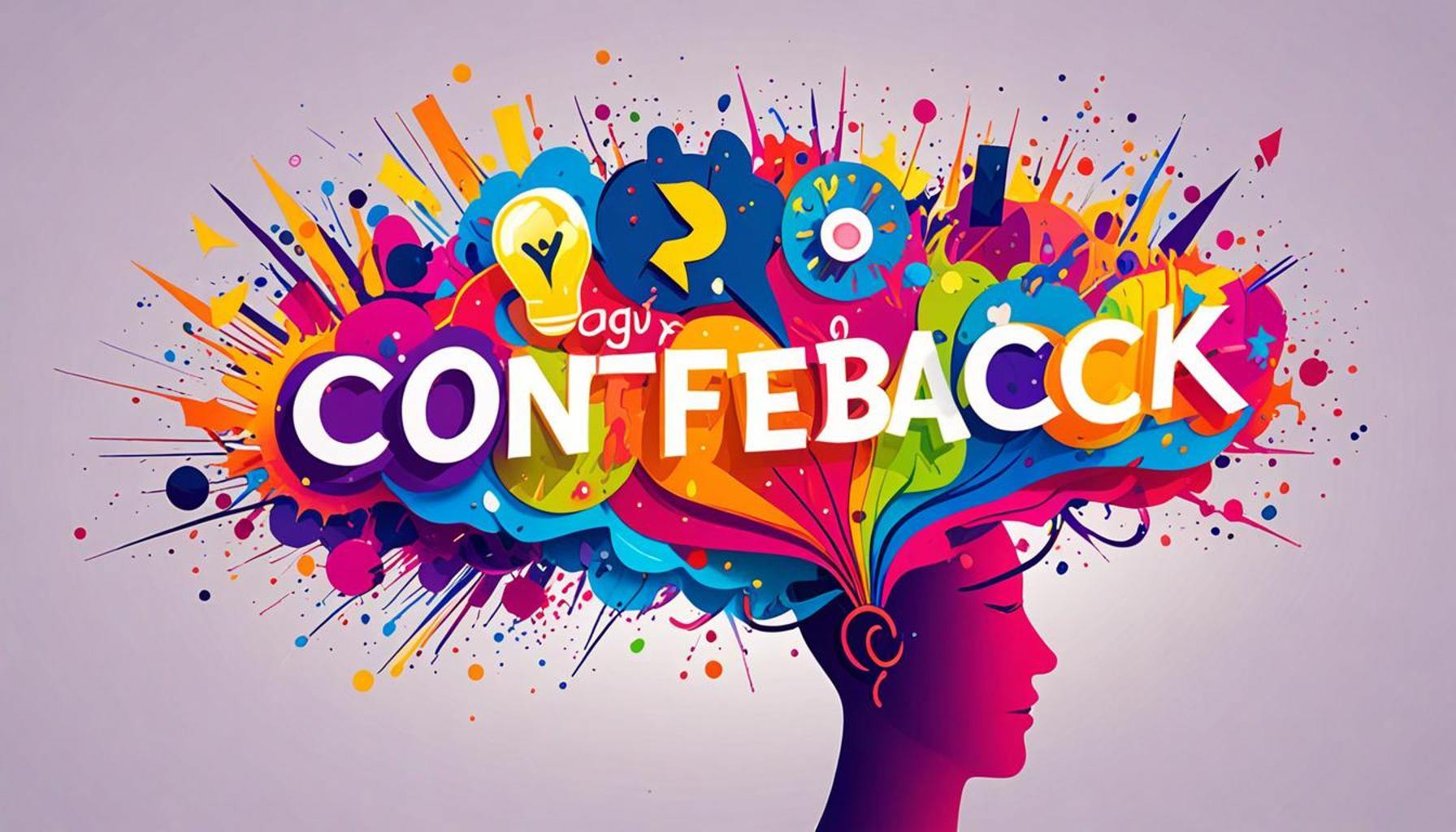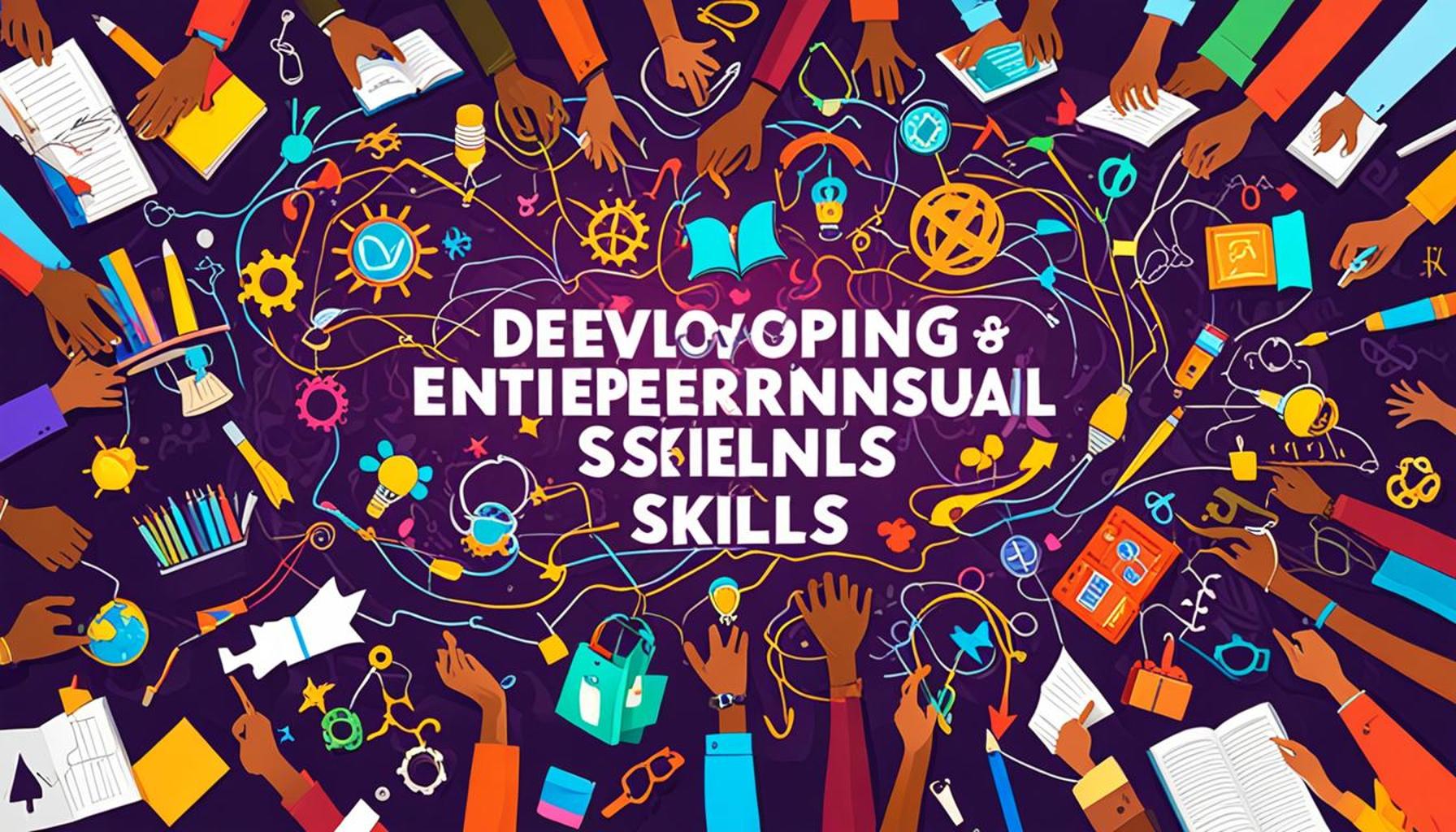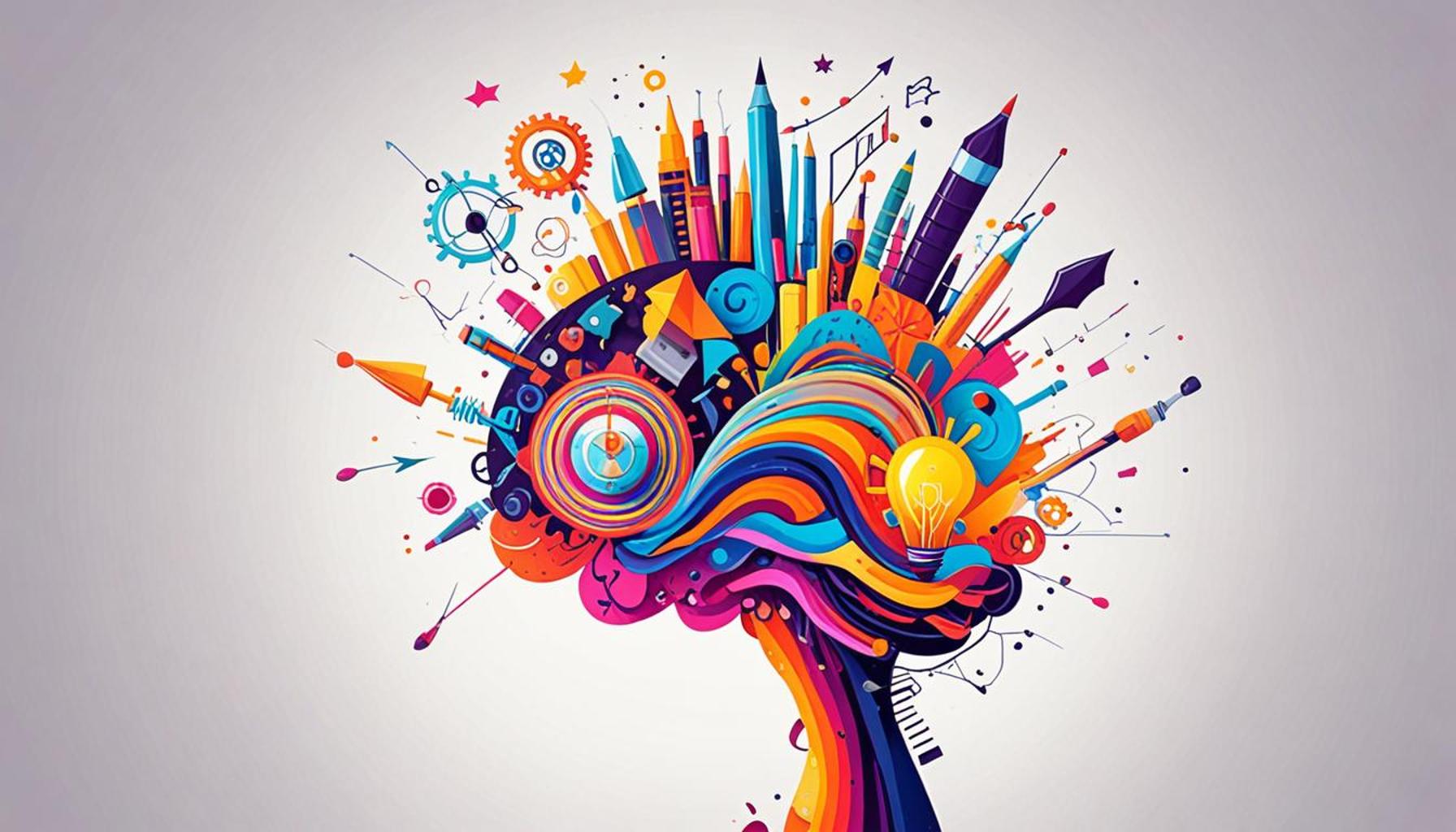The Importance of Continuous Feedback in the Process of Learning and Personal Development

The Transformative Power of Continuous Feedback
The landscape of learning and personal development is not static; it is a dynamic process heavily influenced by the feedback we receive from various sources. The insights garnered from continuous feedback are crucial as they play a significant role in shaping our growth trajectory and skill enhancement. In a world that often demands rapid adaptation and improvement, recognizing the importance of ongoing feedback is essential for both individuals and organizations.
Key aspects of continuous feedback highlight its profound impact:
- Improved performance: Regular feedback is instrumental in identifying an individual’s strengths and weaknesses. For instance, a student may discover through feedback that their analytical skills are commendable, but their writing abilities need refinement. This targeted insight allows learners to focus their efforts where they are most needed, thus promoting significant improvement over time.
- Motivation: Constructive criticism and positive reinforcement act as catalysts for motivation. When an employee receives praise for a job well done, it encourages them to maintain high standards. Conversely, when they are provided with thoughtful feedback on areas needing improvement, it can ignite their drive to become even more proficient, as they see a clear pathway to excellence.
- Adaptability: In a fast-paced environment, continuous input enables learners to adjust strategies and approaches based on current results. For example, educators in Nigeria increasingly leverage technology, such as online learning platforms, to provide real-time feedback to students. This enables learners to make necessary adjustments immediately, enhancing their overall learning experiences.
In Nigeria, where educational opportunities abound yet competition remains fierce, the ability to give and receive effective feedback can distinguish aspiring students and professionals. Many are turning to mentors, peers, and modern technology to enrich their learning experiences. For example, platforms like LinkedIn or local forums allow individuals to engage in peer reviews, fostering a culture of constructive critique that ultimately leads to personal and professional growth.
As we look to the future, the emphasis on ongoing feedback is expected to intensify. Organizations are increasingly recognizing that fostering a culture of continuous feedback not only enhances individual performance but also contributes to collective success. Embracing this feedback-rich mindset can lead to remarkable advancements in both personal and professional realms. In doing so, individuals not only become better learners but also develop into extraordinary contributors to their communities, paving the way for collaborative growth and innovation.
SEE ALSO: Click here to read another article
Harnessing Feedback for Empowered Learning
In an environment where knowledge is rapidly evolving, the ability to engage in continuous feedback is a cornerstone of effective learning. Continuous feedback provides essential insight into one’s progress and facilitates active engagement in the learning process. It establishes a dialogue between learners and mentors, fostering an atmosphere of growth and reflection that is integral for personal development.
One of the most significant aspects of continuous feedback is its role in skill refinement. Students in Nigeria, for instance, are often faced with a myriad of challenges, from mastering STEM subjects to enhancing creative capacities in the arts. Regular feedback allows these learners to identify gaps in their knowledge and skills. It acts as a navigation tool, enabling learners to chart their course toward competence and confidence. With constructive feedback, a student who struggles with mathematics can receive specific advice on tackling complex problems, thus transforming challenges into opportunities for growth.
Moreover, the use of technology in disseminating continuous feedback has transformed the traditional learning landscape. Digital platforms equipped with features for instant feedback, such as quizzes and interactive learning modules, enable students to receive real-time assessments of their performance. This prompt feedback loop not only enhances understanding but also cultivates an ongoing commitment to learning. Such innovative approaches are particularly beneficial in Nigeria’s diverse educational landscape, where varied educational resources and digital engagement are becoming increasingly accessible.
Elements of Effective Continuous Feedback
Understanding the components of effective continuous feedback can illuminate its importance in both educational and professional settings. Several elements contribute to making feedback impactful:
- Timeliness: Feedback should be given promptly to ensure that learners can immediately apply it. In educational settings, this may mean providing insights after a short assignment or class presentation rather than waiting until the end of the term.
- Specificity: General comments such as “good job” or “needs improvement” do little to guide learners. Instead, feedback should be precise, indicating what aspects of the work were successful and pinpointing areas that require attention.
- Actionable Recommendations: Feedback should not only highlight issues but also suggest practical steps for improvement. This empowers learners to take concrete actions towards better performance, fostering a growth mindset.
- Encouragement: Balancing constructive criticism with positive reinforcement helps in maintaining the learner’s motivation. In Nigeria, educators and employers who recognize the cultural significance of encouragement can cultivate a more resilient generation of learners.
The impact of continuous feedback extends beyond individual improvement; it fosters a culture of collaboration and shared learning. In Nigeria, as students and professionals connect through platforms that promote peer reviews and feedback, they discover that learning is not a solitary endeavor but a community-based journey. This collective engagement in constructive discussions helps to break down barriers and encourages a more inclusive approach to personal development.
| Aspect | Description |
|---|---|
| Real-time Improvement | Continuous feedback allows learners to make adjustments promptly, enhancing their understanding and performance almost instantaneously. |
| Motivation and Engagement | When individuals receive regular feedback, it fosters a sense of connection and reward, increasing their motivation to pursue learning and self-improvement. |
Furthermore, continuous feedback creates a nurturing environment that recognizes progress, enabling learners to build on their achievements. This environment encourages them to set ambitious personal development goals, open to further enrichment from constructive criticism. Research shows that when feedback is perceived as supportive rather than punitive, it sparks curiosity and a willingness to experiment and venture beyond one’s comfort zone.Additionally, consistent interaction between learners and mentors or peers can facilitate the development of critical thinking skills. Rather than simply absorbing information, individuals begin to analyze their learning processes critically. As a result, they cultivate a lifelong learning mindset that extends beyond formal education into personal and professional spheres.The effective use of feedback is not just about improving performance; it serves a dual purpose by refining communication skills and emotional intelligence. The dialogue involved in providing and receiving feedback helps individuals articulate their thoughts and feelings clearer, promoting better interpersonal relationships and collaboration across various contexts. This cyclical process ultimately enhances both individual growth and the collective advancement of groups and communities.
RECOMMENDED: Check out this similar article
Building Resilience Through Feedback Loops
The integration of continuous feedback in the learning journey is pivotal for developing not just skills but also resilience. Resilience—the capacity to recover quickly from difficulties—plays a crucial role in personal development. In the Nigerian context, where educational and economic challenges can be significant, fostering resilience through effective feedback mechanisms becomes even more necessary.
One of the primary benefits of continuous feedback is that it encourages learners to embrace a growth mindset. In this state of mind, individuals view challenges as opportunities for development rather than insurmountable obstacles. For example, feedback provided to students on a project can help them understand that mistakes are part of the learning process. This understanding cultivates perseverance, allowing learners to tackle future projects with greater confidence. Furthermore, consistent communication from teachers, peers, or mentors reinforces this practice, guiding learners through their processe so they can analyze and adjust their methods accordingly.
Peer Feedback as a Catalyst for Growth
In Nigeria’s diverse classrooms, peer feedback has become increasingly influential. Research has shown that when students engage in mutual feedback practices, they not only strengthen their analytical thinking but also improve their interpersonal skills. This collaborative approach encourages learners to articulate their thoughts clearly while considering the perspectives of their peers.
For instance, group projects often serve as an ideal platform for peer feedback. When students review each other’s contributions, they can identify strengths and weaknesses in ideas or presentations, providing constructive criticism. Thus, learning becomes a shared responsibility. This not only reinforces individual accountability but also hones each student’s ability to receive criticism graciously—a skill essential for future employment in a collaborative work environment.
The Role of Mentorship in Continuous Feedback
The importance of mentorship cannot be overstated in the context of continuous feedback. In Nigeria, many professionals benefit from mentorship programs that pair them with industry veterans. These mentors can provide invaluable insights, offering targeted feedback that steers mentees toward successful career paths. The mentor-mentee relationship is often fortified by open dialogue and trust, which allows for honest feedback devoid of fear. This dynamic cultivates professional growth, building a strong foundation for success in one’s chosen field.
Furthermore, the digital age has introduced various platforms, such as social media and professional networks, allowing for broader mentorship connections. A young entrepreneur in Lagos could receive guidance from a successful businessperson in Abuja, fostering a culture of continuous learning. This cross-pollination of ideas and feedback fosters innovation, pushes creative boundaries, and strengthens Nigeria’s entrepreneurial landscape.
As feedback loops intertwine personal and professional growth, they serve as a reminder that learning is a lifelong journey. Regular feedback promotes a culture where mistakes are viewed as integral components of the learning process. In embracing this ethos, individuals can navigate their educational and career paths with agility and purpose, ready to meet the challenges of an ever-evolving world.
YOU MAY ALSO LIKE: Read read another article
Conclusion
In conclusion, continuous feedback emerges as a cornerstone of effective learning and personal development, particularly in the dynamic context of Nigeria. By fostering a learning environment that values open communication and constructive criticism, individuals not only enhance their knowledge and skills but also build critical life skills such as resilience and adaptability. This feedback-centric approach cultivates a growth mindset, empowering learners to see challenges as opportunities rather than setbacks, ultimately leading to increased self-confidence and perseverance.
Moreover, the significance of peer feedback and mentorship in this process cannot be overstated. Collaborative learning initiatives strengthen not only academic skills but also interpersonal dynamics among peers, preparing students for the collaborative nature of the modern workforce. Mentorship programs further amplify the benefits of continuous feedback by connecting emerging talents with seasoned professionals who can provide tailored advice and insights to navigate their careers effectively.
As we look toward the future, it is crucial to create robust feedback loops that foster an enduring culture of learning throughout Nigeria’s educational and professional sectors. By actively engaging in a cycle of feedback, individuals can stay agile, innovative, and prepared to overcome the challenges that lie ahead. Embracing continuous feedback is not just about academic or professional success; it is about fostering a resilient society equipped to adapt to the ever-evolving world. The pursuit of knowledge is a lifelong journey influenced by how we engage with feedback—let’s make that journey one filled with growth, collaboration, and shared success.


